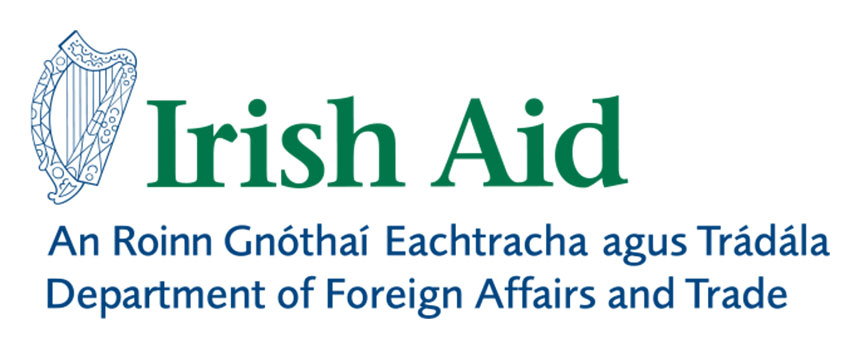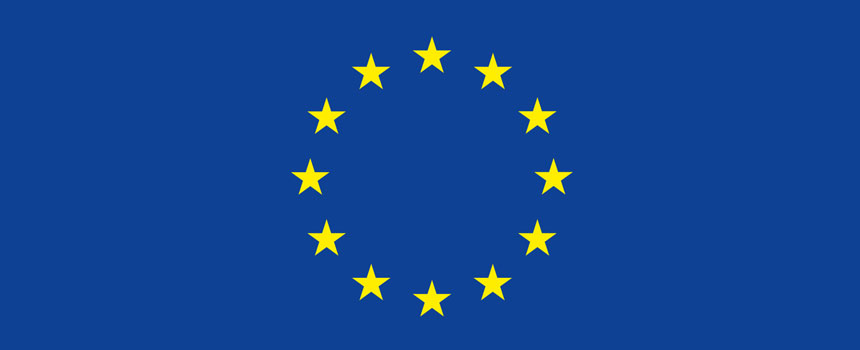What is the Market?
December 17th, 2015 - Áine Mannon
Living in Ireland over the past few years, you could be forgiven for thinking that “the market” exists in some incomprehensible place between maths and mysticism. We have been bombarded with images of “the market” as some all-knowing yet benevolent figure which can only be understood by us petty mortals through its intermediaries – the economic experts. But Econowha? has been teaching us to be sceptical of experts and to think critically about the “neutral” worldview they present us. Neutrality hides as much as it presents, especially, as we have seen, in relation to gender, the developing world, and the environment.
A market is simply anywhere things are bought and sold. So the local Centra is a market, as is iTunes, the NASDAQ, and the English Market in Cork. For me, the fact that the English Market was established in 1788 highlights that markets have been around a long time and, in fact, have existed all over the world for thousands of years. Markets predate capitalism.
The confusion starts when people say “the market”, meaning “the Free Market”, which is a current economic system of organising production, distribution and consumption.
I found it useful to think of Economic History and A Brief History of European Colonization in Africa together as an introduction to both markets and the Free Market. Jim Stanford’s chapter shows that the Free Market is just one of many systems that have arisen so far and that even within Free Market Capitalism there are different models based on differing historical backgrounds. A Brief History picks up on a point that I felt Stanford hadn’t addressed very well: the development of capitalism was intertwined with the expansion of European empires. Although only 4 minutes long, the video introduces ideas about European “hunger” for resources, creating arbitrary boundaries, the use of slave labour, and the politicisation of culture. One issue I had is that by concentrating on the government and guns period of colonialism the video misses out on how the economic and social aspects of the relationship extended – and continue to extend – far beyond the official start and end dates of colonisation.
Just as the first two pieces expand our thinking on what the market means in a historical and global perspective, Raj Patel on The Value of Nothing and Markets: Guided by an Invisible Hand or Foot expand what we think the market values today. Even though I was fairly tempted to skim over some of Hahnel’s graphs and explanations, he does give a useful overview of the way mainstream economics assumes the market works – laws, rationality, costs, and, ultimately, selfishness. Both men attack the assumptions of mainstream economics. As Patel describes it “we’ve been beguiled by markets” even though markets are “systematically unable to actually incorporate a great deal of what we find valuable”. He gives the example that the “price” of a $4 hamburger does not take account of environmental costs, the cost of slavery or the cost of consuming junk food. Hahnel states that mainstream economics makes an assumption that there are no external effects or public goods but that “this assumption is usually unstated and its validity has never been demonstrated through empirical research.” (p.92)
So, yes, I still believe a market is any place where goods or services are bought or sold. But once I started to think about markets as they exist in reality (in the Free Market system) I couldn’t rely on assumptions of rationality, neutrality, or fairness. Instead, I was thinking about global repercussions, exploitation, the environment, and what we really value. One assumption about the Free Market is that it wants as little government involvement as possible but Stanford says that
“this definition is not quite accurate: in fact, there are still many ways in which governments and the state continue to wield real economic power under neoliberal capitalism. […] What has changed is how, and in whose interests, that power is now exercised.” (p.48)
Unfortunately, thinking about who the free market really serves got too depressing, so I kept some words by Jim Stanford close:
“Economic systems come, and economic systems go. No economic system lasts forever. Capitalism is not likely to last forever, either.”


